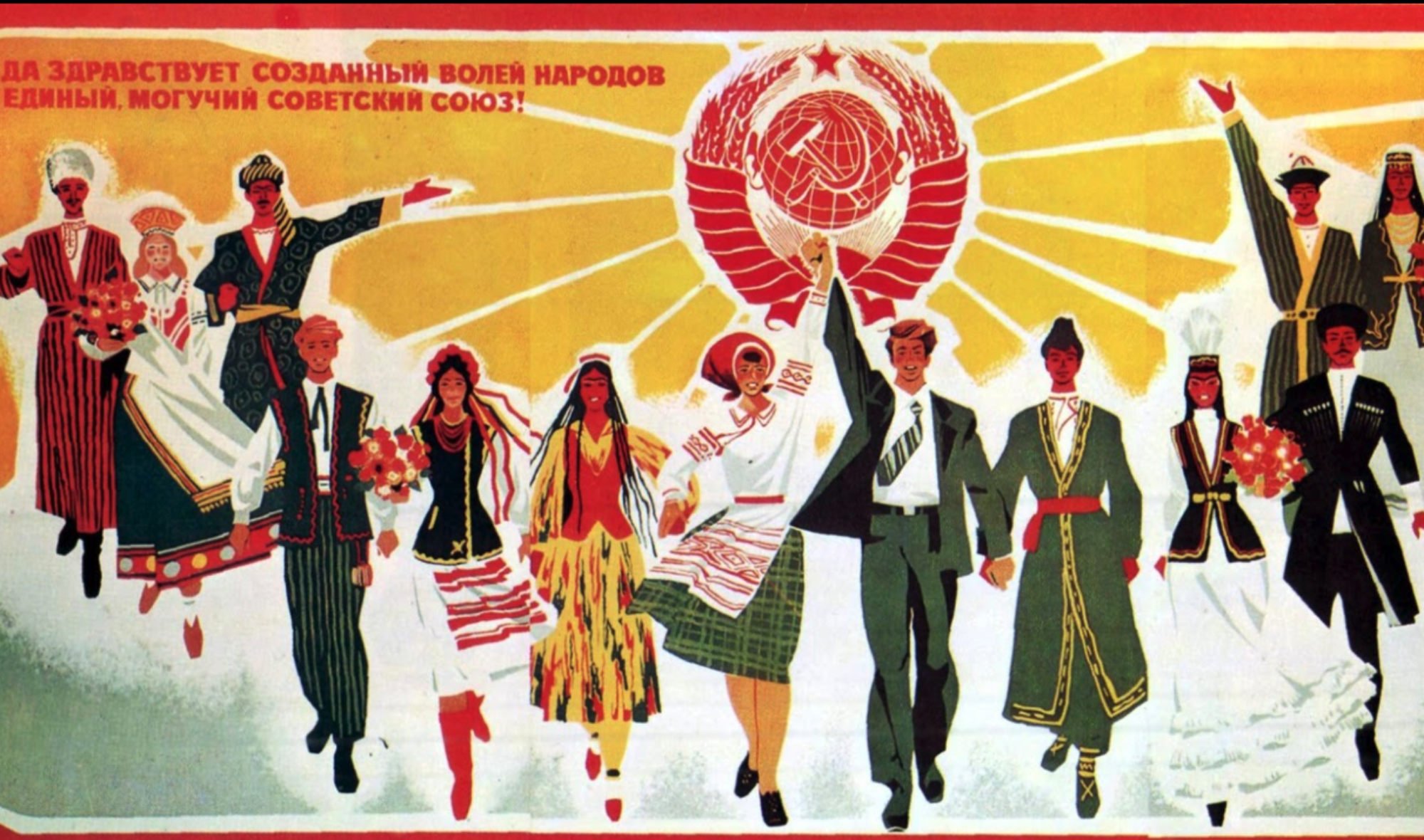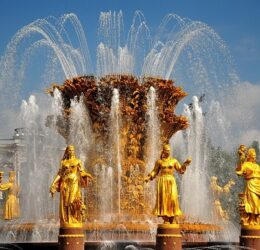In this reading, I found a lot of similarities between the Gypsies’ question of their national identity and the question of national identity in the Kresy. It seemed like both the Gypsies and the Ukrainian, Polish, and Germans in the Kresy were both comfortable to call themselves by their own labels until the Soviet government tried to force each group into a certain box for the census and resettlement. However, there were some differences within the decision to push the Gypsies into one group, that mirrored what happened to the Jewish population. What made the question of nationality for the Gypsies different from the ones of Ukrainian, Polish, or German identities?


Cultural Construction in the Soviet Empire (HIS315 F20)
National in Form, Socialist in Content!
The Soviet question of nationality for Jews and Gypsies seems to have similarities. Both groups did not have a defined homeland during the early period of the USSR and both had a long history of persecution in Europe. In addition to this, O’Keefe discusses in the reading that many Gypsies were nomadic and travelled throughout the country, and there was no written Romani language before the Soviets created one. In these ways the Question of Gypsy Nationality differs from Ukrainian, Polish, or German identities, who could be more easily placed into defined ethnic groups and assimilated as Soviet citizens.